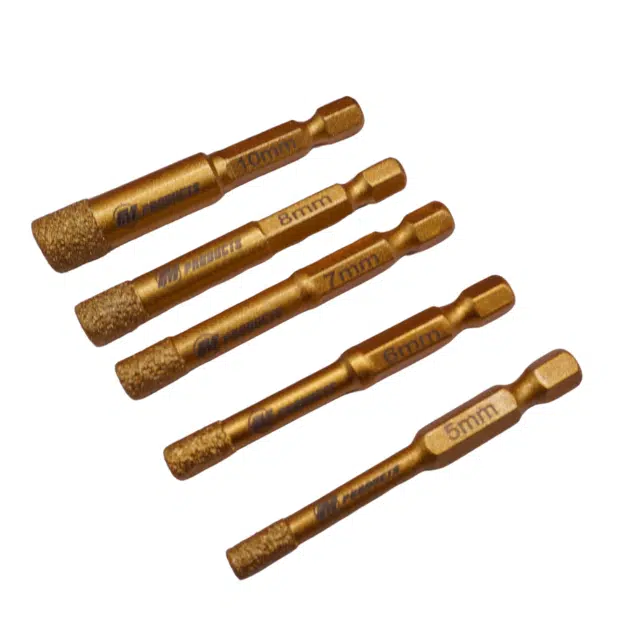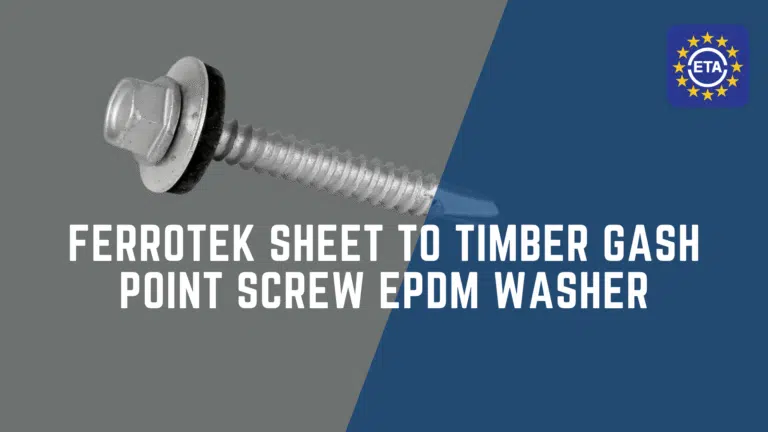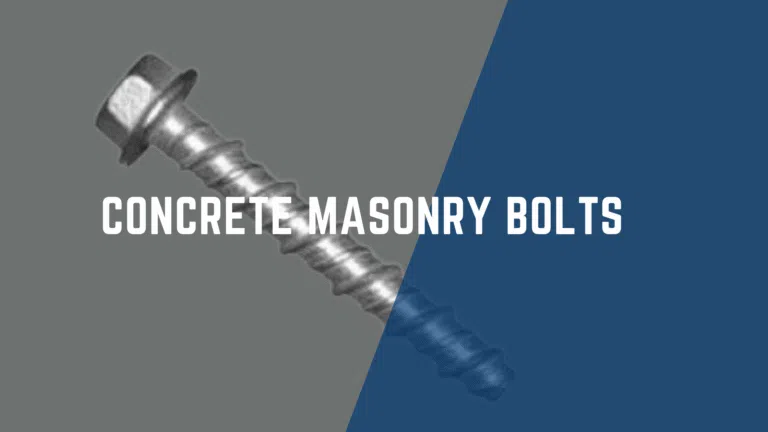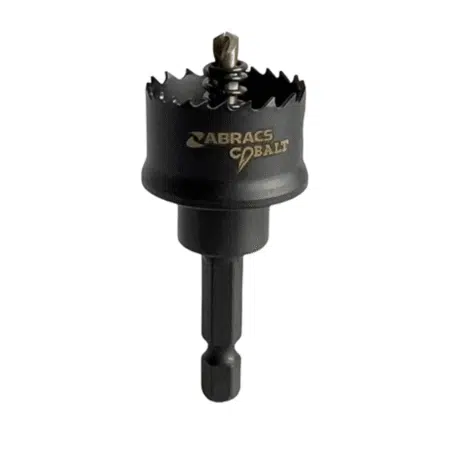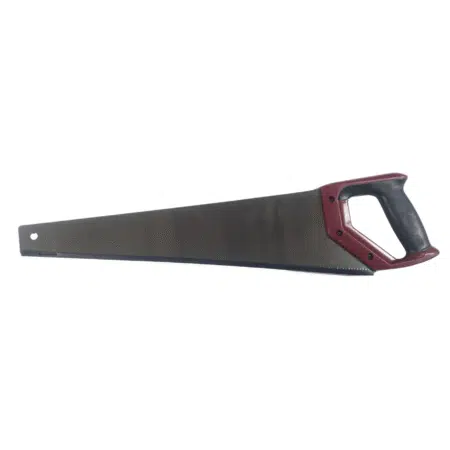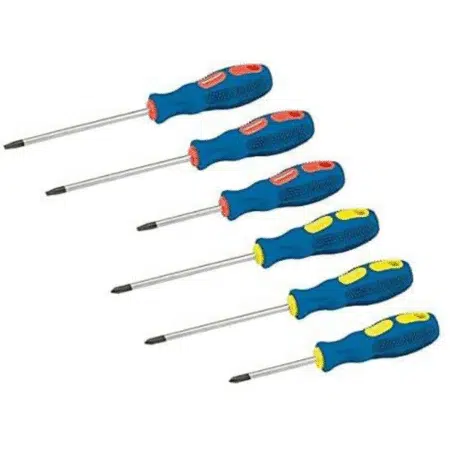Screws are important components for any construction or DIY project involving masonry. Choosing the right masonry screws can significantly impact the durability and safety of your work. In this guide, you will discover key factors to consider, from materials and coatings to load-bearing capabilities and installation techniques. Ensuring you have the right screwing solution will save you time, effort, and potential hazards in your projects. Additionally, it’s crucial to match the screw type to the specific masonry material you are working with, whether it’s brick, concrete, or stone. By selecting secure masonry screws beginners guide, you can enhance the stability of your installations and prevent any future failures. Remember, the right screws not only improve the integrity of your project but also contribute to its overall aesthetic appeal.
Key Takeaways:
- Choose the appropriate material for masonry screws based on the type of masonry and environmental conditions.
- Select the correct length and diameter to ensure optimal holding strength and prevent damage to the masonry.
- Consider using a suitable drill bit to match the specifications of the masonry screw for effective installation.
 Types of Masonry Screws
Types of Masonry Screws
Understanding the various types of masonry screws available is vital for successful installations. Each type serves different purposes and materials. Here’s a quick overview:
| Standard Masonry Screws | Used for general applications in brick, concrete, and block. |
| Specialty Masonry Screws | Designed for specific materials or conditions. |
| Tapcon Screws | Adaptable to various masonry types with precise fit. |
| Lag Shield Bolts | Perfect for heavy-duty fastening in solid masonry. |
| Drop in Anchors | Used for a permanent fixing in pre-drilled holes. |
This overview helps you discern which type fits your project best.
Standard Masonry Screws
Standard masonry screws are suitable for most general construction and DIY projects involving materials like brick, concrete, and block. Typically fitted with a sharp tip and a unique thread design, these screws ensure a secure hold without the need for anchors, making them an efficient choice for your basic masonry needs. These screws are designed to penetrate hard surfaces, providing excellent grip and stability. For those looking for more detailed information, ‘masonry screws explained for builders‘ can help you understand the specific applications and features that set them apart from other fasteners. With proper installation, they can support significant weight and resist pull-out, making them ideal for various projects.
Specialty Masonry Screws
Specialty masonry screws cater to unique requirements, including specific materials or environmental conditions. These screws might be coated for corrosion resistance or designed for enhanced load-bearing capabilities, fulfilling distinct project demands that standard screws cannot handle effectively.
Examples of specialty masonry screws include screws with advanced coatings that prevent rust, making them ideal for outdoor use, or those designed for attaching heavier fixtures. Some products feature self-drilling tips that eliminate the need for pre-drilling, streamlining your installation process. You should always assess your project’s specific needs to determine if specialty options will enhance durability and performance.
Important Factors to Consider
When choosing masonry screws, several important factors should influence your decision-making process to ensure optimal performance and durability in your project. Key considerations include type of material, environmental conditions, and appropriate screw length and diameter. Each of these elements can significantly impact the effectiveness of your fastening solution. This attention to detail will lead to more reliable results.
Material and Coating
The material and coating of masonry screws are vital for their longevity and performance. Stainless steel screws are typically preferred for their resistance to corrosion, particularly in damp environments. Alternatively, zinc-plated screws offer a more affordable option but may not withstand harsher conditions. Always consider where the screws will be used to choose the ideal material and coating.
 Screw Length and Diameter
Screw Length and Diameter
Choosing the right screw length and diameter is important for achieving a secure fit. Generally, the screw should penetrate a minimum of 30mm into the masonry for adequate strength. The diameter is equally important; thicker screws provide greater holding power, which is especially beneficial for heavier materials or loads. Assess the specific requirements of your project to ensure you select appropriately.
A standard rule of thumb for screw length is that it should be at least three times the thickness of the material you are fastening. For instance, if you are securing a board that is 10mm thick, aim for a screw that is at least 30mm long. The diameter can range from 5mm to 12mm, depending on the load-bearing requirements. Heavier constructions may necessitate larger diameters for optimal holding capacity. Matching these dimensions with your specific project needs will enhance both stability and safety.
Pros and Cons of Different Masonry Screws
| Pros | Cons |
|---|---|
| Strong holding power | More expensive than standard screws |
| Variety of types for different materials | Installation requires specific tools |
| Corrosion-resistant options available | Not suitable for soft materials |
| Easy to install with pre-drilled holes | Risk of cracking in certain substrates |
| Time-efficient for fastenings | May require pilot holes in hard masonry |
| Stable in high-stress applications | Limited load capacity compared to bolts |
| Available in various lengths | Can be difficult to remove once set |
| Good for both indoor and outdoor use | Potential for shearing under high torque |
| Wide usage across different projects | Compatibility issues with certain anchors |
| Enhanced versatility for DIY projects | May require specific drive types |
Advantages
Masonry screws provide an exceptional grip and are excellent for high-stress applications where reliable fastening is necessary. Their corrosion-resistant options ensure longevity, while the diverse types available allow for adaptation to various materials like brick, concrete, and masonry blocks. You’ll find that their ease of installation, especially in pre-drilled holes, significantly reduces project time, making them ideal for both DIY enthusiasts and professionals alike. Additionally, the versatility of masonry screws extends to their availability in different lengths and thicknesses, ensuring a secure fit for various project requirements. The concrete masonry screw benefits include enhanced load-bearing capacity and the ability to withstand harsh environmental conditions, making them a preferred choice for outdoor setups. As a result, they not only provide strong anchorage but also promote greater confidence in long-term durability.
Disadvantages
While masonry screws offer many advantages, they also come with specific drawbacks. Their installation typically demands more precise tools and equipment than standard screws, potentially complicating your project. Moreover, they are not suitable for use in softer materials, as you may encounter issues like cracking in more brittle substrates, which could compromise your work.
Additionally, removing masonry screws can present challenges, as they often bond tightly with the material. This difficulty is compounded by the possibility of shearing under high torque, which may result in damaged areas surrounding the screw. As such, it is necessary to assess your project’s requirements carefully before committing to a masonry screw, weighing both the advantages and disadvantages effectively.
Step-by-Step Guide to Choosing the Right Screw
| Assessing Your Project Needs | Begin by evaluating the specifics of your project, including the type of material you’ll be working with and the load requirements. Understanding these variables will help you select screws that offer optimal strength and compatibility with your materials. |
| Performing Material Tests | Conduct tests to ascertain the rigidity and density of the base materials. This information is vital for identifying the appropriate masonry screw type and ensuring secure attachment. |
Assessing Your Project Needs
Identify the specific demands of your project, such as weight loads and environmental conditions. Factors like moisture levels and exposure to weather can determine whether you need screws that resist corrosion or offer enhanced grip. Tailoring your choice to these needs ensures stability and longevity.
Performing Material Tests
Testing your materials is vital for ensuring compatibility with the screws you choose. Simple tests, such as drilling pilot holes and measuring resistance, can give insight into material density and strength. This data not only guides you in selecting the right screw but also helps in avoiding installations that may fail under pressure.
To conduct comprehensive material tests, use tools like a torque wrench to measure the force required to penetrate the material, thereby understanding its hardness. Testing various samples from your project area can also reveal inconsistencies within the substrate, further informing your choice of masonry screw. Additionally, consider consulting with suppliers for product specifications and performance ratings, enabling you to make an informed decision about the best screw for your specific materials.
 Tips for Proper Installation
Tips for Proper Installation
When installing masonry screws, ensure precise placement for optimal strength. Begin by marking the drill points clearly and using a hammer drill for optimal penetration. Before installation, make sure the hole is clean and free from dust. Pay attention to torque settings to avoid stripping the screw threads during fastening. Finally, always use a screwdriver bit suitable for the head design of the screws. The installation will determine the long-term performance of your project. Additionally, when installing masonry screws how, it’s crucial to choose the right length for your specific application to ensure a secure hold. After the screws are in place, consider applying a sealant around the base for added moisture protection and durability. Regularly inspect your work to identify any potential weaknesses or damage over time.
Tools Required
You will need a few imperative tools for the proper installation of masonry screws. Firstly, a hammer drill fitted with a masonry bit is necessary for creating holes in hard surfaces. In addition, have a screwdriver or a suitable drill with the correct bit ready for driving the screws in. A level can also be beneficial to ensure your fixtures are straight. Finally, safety goggles will protect your eyes during the drilling process. Once you have gathered all the necessary tools, you can proceed with the masonry screws installation steps. Begin by marking the locations for the holes, ensuring they are aligned and level. This will help maintain accuracy and stability in your installation, leading to a successful project.
Best Practices
To achieve the best results with masonry screws, adhere to a set of best practices. Ensure you select the right size and type of screw for the material you are working with, as this affects holding power significantly. Pre-drilling is often advisable, especially for larger screws, to prevent cracking the masonry and ensure a snug fit. Tighten screws evenly without overtightening, and follow manufacturer guidelines for installation depth and spacing. These practices not only enhance durability but also contribute to the overall success of your project.
Implementing these best practices is imperative for ensuring a secure and lasting hold. For instance, if you’re working with concrete blocks, using screws specifically designed for that material will significantly improve your outcomes. Similarly, maintaining consistent spacing between screws helps distribute the load evenly, reducing the risk of structural failure. Additionally, consider using a torque wrench to ensure each screw is tightened to the manufacturer’s specifications, enhancing reliability. Avoiding common pitfalls, such as misalignment or insufficient anchoring, will make a substantial difference in the longevity of your installation.
Maintenance and Troubleshooting
Regular maintenance of your masonry screws is crucial for ensuring long-lasting performance and preventing issues. Inspect your installations periodically for signs of wear or damage. If you notice any problems, prompt troubleshooting can save you time and effort in the long run.
Common Issues
Some common issues with masonry screws include loosening due to vibration, corrosion from moisture exposure, and stripping of the screw threads. These problems can diminish the strength of your installations, leading to potential failures if not addressed swiftly. Consider monitoring these factors closely to maintain the integrity of your projects.
Repair Tips
If you encounter issues with your masonry screws, several repair tips can assist. First, try tightening the screws to eliminate any slack. If corrosion is present, replace affected screws with new ones and consider using weather-resistant coatings to prevent future rust. For stripped threads, a thread repair kit can restore functionality. Recognizing the early signs can prevent more extensive damage.
- Weather-resistant coatings for long-term protection.
- Tightening techniques to enhance grip and stability.
- Thread repair kits for damaged screws.
Consider using a variety of repair techniques tailored to specific issues. For instance, if tightening fails, you might opt for a higher strength screw or expand the hole slightly and use an appropriate anchor. Keeping spare screws on hand can facilitate quick replacements. Recognizing potential weaknesses in your screw integrity early can greatly reduce the need for extensive repairs in the future.
- High-strength screws for improved performance.
- Spare screws for quick fixes.
- Expand holes for better anchoring.
To wrap up
Conclusively, selecting the appropriate masonry screws for your project directly impacts its durability and success. You should consider the material, length, and type of screw to ensure they meet the specific requirements of your application. Assess the conditions in which they will be used, and choose screws that provide the optimal strength and resistance. By following this guide, you can confidently make informed decisions that enhance the integrity of your masonry work. Additionally, when your project involves wood elements, selecting the right wood screws is essential to ensure a secure and long-lasting connection. Consider factors such as wood density and environmental exposure to further enhance the performance of your construction. Ultimately, the right choice of fasteners across all materials will contribute to the overall stability and longevity of your project.
FAQ
Q: What types of masonry screws are available?
A: There are several types of masonry screws, including concrete screws, wall anchors, and expansion bolts. Concrete screws are designed for direct installation into concrete, while wall anchors provide a secure grip in hollow block or brick. Expansion bolts expand within the masonry for a strong hold.
Q: How do I determine the correct size of masonry screw for my project?
A: To determine the correct size, consider the thickness of the material you are fastening and the type of masonry you are working with. Typically, the diameter of the screw should match the pilot hole size, and the length should be sufficient to anchor securely without protruding excessively.
Q: What is the importance of using the right drill bit when installing masonry screws?
A: Using the correct drill bit is vital to ensure a proper fit for the screw. Masonry bits are specifically designed to penetrate hard surfaces without damaging the screw threads. Using an incompatible bit may lead to improper installation and reduced hold strength.
Q: Can masonry screws be used for outdoor projects?
A: Yes, masonry screws can be used for outdoor projects, but it is advisable to choose screws that are coated for corrosion resistance. Stainless steel or zinc-coated screws are ideal for enhancing durability against weather conditions.
Q: What are the common mistakes to avoid when choosing masonry screws?
A: Common mistakes include selecting screws that are too short or too thin for the application, failing to consider the material being fastened, and neglecting the need for a pilot hole. It’s also important to ensure that screws are suitable for the specific masonry type to avoid installation issues.


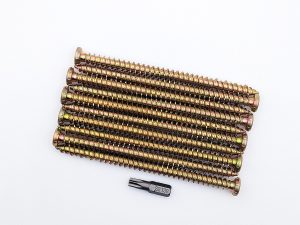 Types of Masonry Screws
Types of Masonry Screws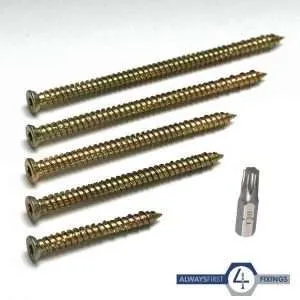 Screw Length and Diameter
Screw Length and Diameter Tips for Proper Installation
Tips for Proper Installation